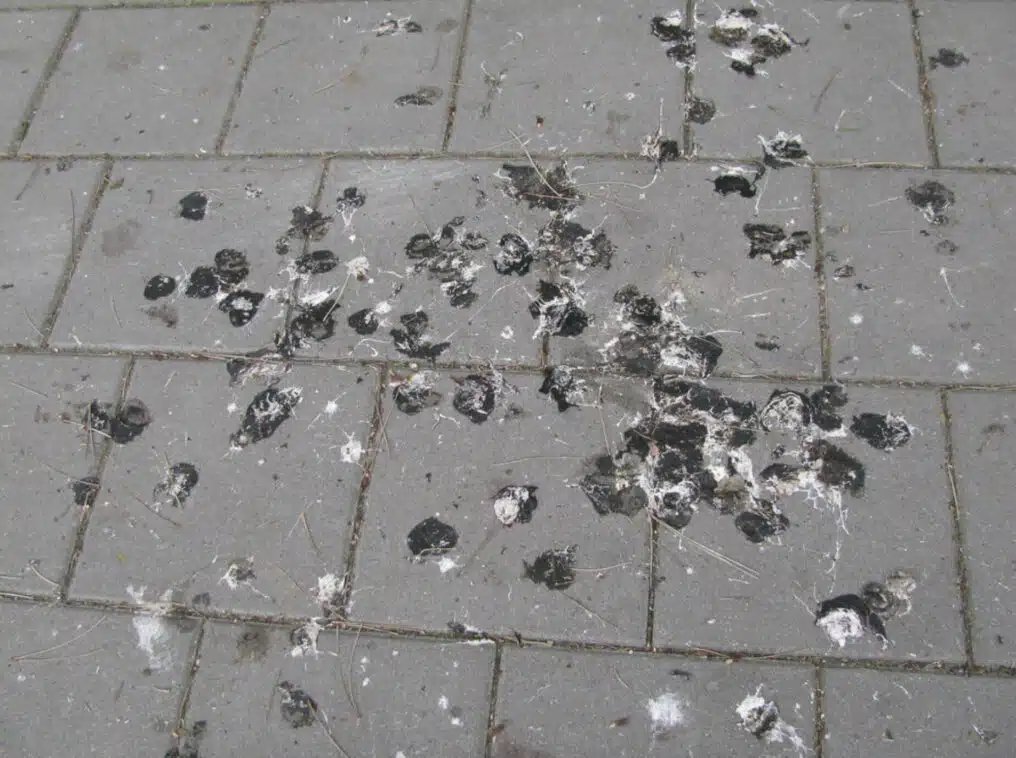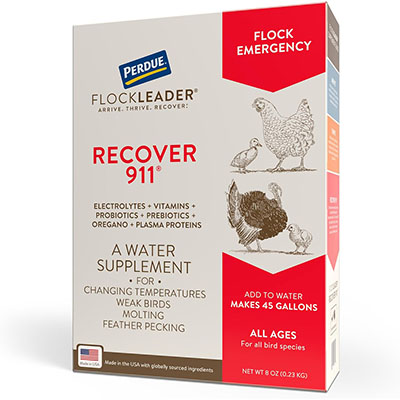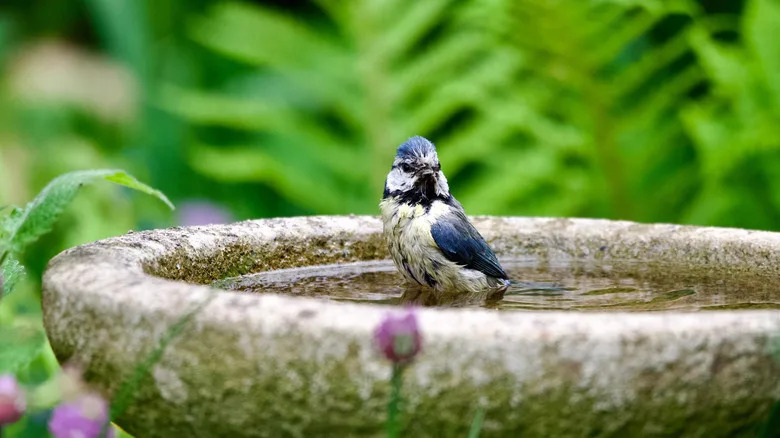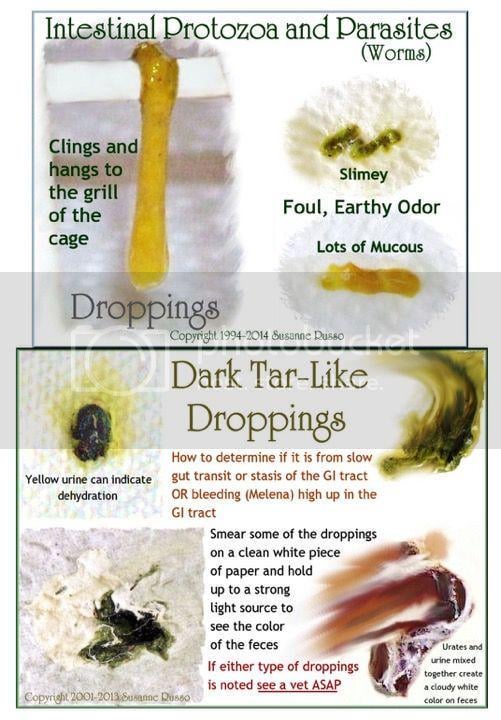Have you ever stopped to think about the health risks lurking in your garden or on your car windshield? Bird droppings might seem like a minor inconvenience, but they could pose a hidden threat to your health.
You might be surprised to learn that these seemingly harmless splatters could potentially lead to lung disease. Understanding the connection between bird droppings and your respiratory health is crucial. Do you want to ensure your environment is safe for you and your family?
Dive into this article to uncover the facts and protect yourself from unexpected health hazards.
Health Risks Of Bird Droppings
Bird droppings can carry harmful germs that affect human health. These droppings are more than just a nuisance. They can cause serious lung diseases.
People exposed to bird droppings, especially in large amounts, may face health risks. Understanding these risks helps you stay safe.
Common Diseases Linked To Droppings
Bird droppings can cause several diseases. Many of these affect the lungs and breathing.
- Histoplasmosis:A fungal infection from bird droppings. It affects the lungs and can cause coughing and fever.
- Cryptococcosis:Another fungal disease. It can cause pneumonia and meningitis in some cases.
- Psittacosis:A bacterial infection from birds. It causes flu-like symptoms and lung problems.
- Allergic Reactions:Some people may develop allergies from bird droppings dust.
How Infections Spread
Infections from bird droppings spread mainly through the air. When droppings dry, they turn into dust that people can breathe in.
| Mode of Spread | Description |
| Inhalation | Breathing in dust from dried bird droppings |
| Direct Contact | Touching fresh droppings and then touching mouth or nose |
| Contaminated Surfaces | Touching surfaces with droppings and then face |
Fungal Infections From Droppings
Bird droppings can carry fungi that cause lung diseases. These infections happen when people breathe in spores from dried droppings. The risk is higher in places with many birds.
Fungal infections from bird droppings can lead to serious health problems. Two main infections are histoplasmosis and cryptococcosis.
Histoplasmosis And Its Effects
Histoplasmosis is caused by the fungus Histoplasma capsulatum. It grows in soil with bird droppings. People get infected by breathing spores in the air.
- Symptoms include cough, fever, and chest pain.
- It can cause mild to severe lung problems.
- People with weak immune systems are at higher risk.
- In rare cases, the infection spreads beyond the lungs.
Cryptococcosis Risks
Cryptococcosis is caused by Cryptococcus fungi. These fungi live in bird droppings, especially pigeons. The disease mainly affects the lungs and brain.
| Risk Factor | Details |
| Exposure | Breathing dust from dried bird droppings |
| Symptoms | Cough, headache, fever, confusion |
| High Risk Groups | People with HIV, organ transplant patients |
| Treatment | Antifungal medicines |
Bacterial Threats
Bird droppings can carry bacteria that cause lung disease. Breathing in dust from dried droppings can be harmful.
People who clean bird cages or work near birds need to be careful. Some bacteria in droppings can cause serious infections.
Psittacosis Explained
Psittacosis is a lung disease caused by bacteria called Chlamydia psittaci. This bacteria lives in bird droppings and secretions.
People get psittacosis by breathing in dust from dried droppings. Symptoms include fever, cough, and chest pain. It can be treated with antibiotics.
Other Bacterial Concerns
Besides psittacosis, bird droppings can carry other bacteria. These can cause lung infections or worsen existing lung problems.
- Salmonella can cause lung and digestive infections.
- Histoplasma fungus grows in droppings and harms lungs.
- E. coli may be present and cause illness.
- Cleaning bird areas without protection increases risk.
Symptoms To Watch For
Bird droppings can carry harmful fungi or bacteria. These can cause lung infections in people. It is important to know the symptoms to watch for.
Early detection can help you get the right treatment fast. Read on to learn about early warning signs and when to seek medical help.
Early Warning Signs
Symptoms from bird droppings may start mild but can get worse quickly. Watch for these early signs:
- Cough that lasts more than a week
- Shortness of breath or difficulty breathing
- Chest pain or tightness
- Fever and chills
- Fatigue or weakness
- Unexplained weight loss
When To Seek Medical Help
If you notice any of the early warning signs, see a doctor quickly. Some symptoms need urgent care to avoid serious problems.
| Symptom | Action |
| High fever over 101°F (38.3°C) | Visit emergency room or urgent care |
| Severe chest pain | Call emergency services immediately |
| Difficulty breathing or wheezing | Seek immediate medical attention |
| Persistent cough with blood | See a healthcare provider promptly |
| Feeling very weak or confused | Get emergency care right away |
Preventing Lung Disease
Bird droppings can carry harmful germs that affect the lungs. Cleaning these droppings safely reduces health risks.
Using the right methods and gear protects you from breathing harmful dust or spores.
Safe Cleaning Practices
Always wet bird droppings before cleaning. This stops dust from spreading in the air.
- Use water mixed with a mild detergent to soak droppings.
- Clean with disposable towels or cloths you can throw away.
- Do not sweep or vacuum dry droppings to avoid dust.
- Wash your hands well after cleaning.
Protective Gear Recommendations
Wear protective gear to stop germs from entering your lungs during cleaning.
| Protective Item | Purpose |
| Mask (N95 or better) | Blocks harmful dust and spores |
| Gloves | Keeps hands clean and safe |
| Goggles | Protects eyes from splashes |
| Protective Clothing | Prevents droppings on skin and clothes |

Credit: timesofindia.indiatimes.com
Environmental Factors
Bird droppings can carry harmful fungi and bacteria. These can cause lung diseases if inhaled. The risk depends on where and when you are exposed.
Understanding the environmental factors helps lower the risk. Some places and seasons increase the chance of getting sick from bird droppings.
High-risk Areas
Certain locations have more bird droppings and higher risk of lung disease. These include urban spots and farms where birds gather.
- Old buildings and barns with bird nests
- Parks and city squares with many pigeons
- Areas near airports or stadiums
- Feedlots and poultry farms
- Under bridges or trees where birds roost
People working or living in these places need to be careful. Cleaning bird droppings requires protective gear.
Seasonal Variations
Bird droppings pose different risks in each season. Weather and bird behavior change the amount of droppings and fungi.
| Season | Risk Level | Reason |
| Spring | High | Birds nest and breed, more droppings |
| Summer | Medium | Warm weather helps fungi grow |
| Fall | Low | Birds migrate, fewer droppings |
| Winter | Low | Cold slows fungal growth |
Awareness of seasons can help avoid exposure. Cleaning in spring and summer needs extra caution.
Treatment Options
Bird droppings can carry harmful fungi and bacteria that affect the lungs. Treatment depends on the severity of the illness and the type of infection. Early care helps reduce complications.
Doctors use medicines and other methods to treat lung problems caused by bird droppings. Home care can also support recovery and prevent further issues.
Medical Interventions
Medical treatment often requires antifungal or antibiotic drugs. The choice depends on the specific disease caused by bird droppings, such as histoplasmosis or psittacosis.
- Doctors perform tests to identify the infection type.
- Antifungal medications are prescribed for fungal infections.
- Antibiotics treat bacterial infections from bird droppings.
- Severe cases may require hospitalization and oxygen therapy.
- Follow-up visits monitor treatment progress and lung health.
Home Care Tips
Taking care of yourself at home helps speed recovery and ease symptoms. Simple steps reduce lung irritation and support healing.
| Tip | Reason |
| Rest adequately | Gives your body time to heal |
| Drink plenty of fluids | Keeps mucus thin and easier to clear |
| Avoid exposure to bird droppings | Prevents worsening of lung infection |
| Use a humidifier | Reduces throat and lung dryness |
| Follow doctor’s medication schedule | Ensures effective treatment |
Credit: www.droracle.ai
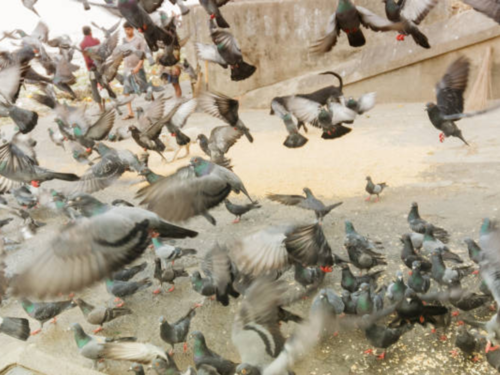
Credit: timesofindia.indiatimes.com
Frequently Asked Questions
Can Bird Droppings Cause Lung Disease?
Yes, bird droppings can carry fungi like Histoplasma, causing lung infections. Inhaling spores from dried droppings may lead to histoplasmosis, a respiratory illness.
What Lung Diseases Come From Bird Droppings?
Histoplasmosis is the primary lung disease linked to bird droppings. It causes flu-like symptoms and can be severe in immunocompromised individuals.
How Do Bird Droppings Affect Respiratory Health?
Bird droppings release fungal spores when disturbed. Breathing these spores can irritate lungs and cause infections, especially in enclosed or poorly ventilated areas.
Who Is At Risk From Bird Dropping-related Diseases?
People with weakened immune systems, children, and the elderly are at higher risk. Workers in poultry farms or cleaning bird habitats are also vulnerable.
Conclusion
Bird droppings can carry harmful germs that affect lungs. Breathing dust from dried droppings may cause illness. Taking care around birds and cleaning droppings safely helps reduce risks. Wearing masks and gloves protects your health. Keep areas with birds clean and dry to stop germs.
Knowing the risks helps you stay safe and healthy. Stay aware and take simple steps to avoid lung problems. Your health matters—small actions make a big difference.

